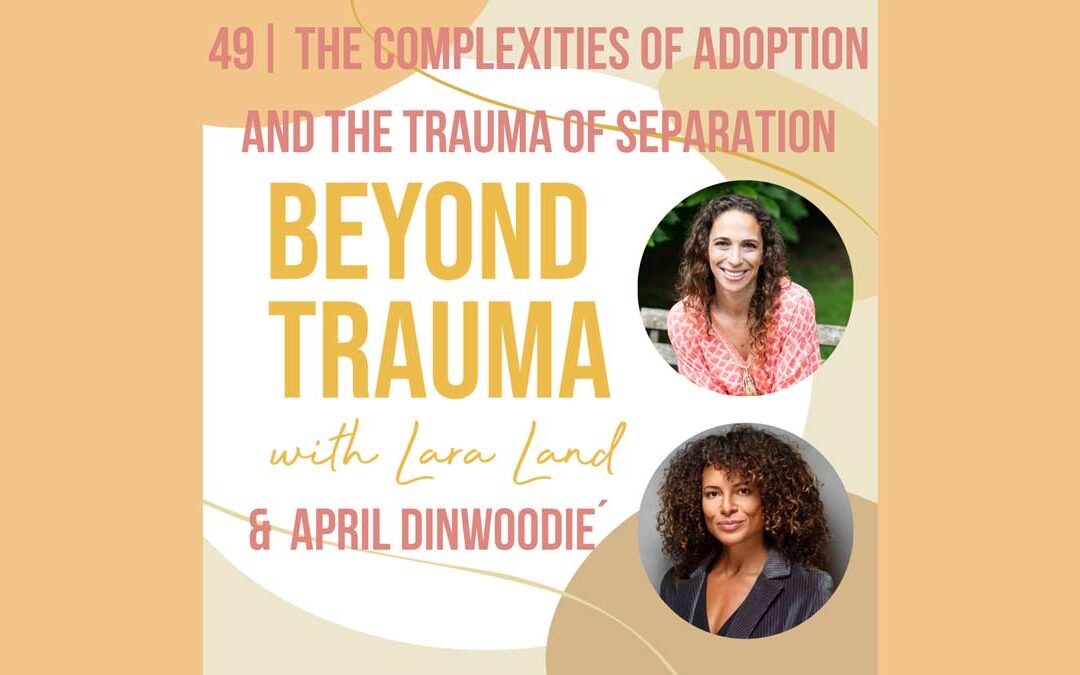Adoption is a multifaceted journey, one that intertwines joy, love, and belonging with loss, trauma, and identity.
As we delve into the intricate layers of adoption, it becomes apparent that the narrative extends far beyond the surface-level portrayal of happiness and fulfillment. It delves into the depths of human experience, grappling with themes of identity, belonging, and the profound impact of separation from birth parents.
April Dinwoodie, an esteemed advocate and thought leader in the realm of adoption, offers invaluable insights into the complexities of adoption and the lasting effects of separation. Her work sheds light on the nuanced dynamics at play, urging us to confront the reality that adoption is not a singular event but an ongoing journey of self-discovery and reconciliation.
At the heart of adoption lies the profound trauma of separation. For many adoptees, the experience of being separated from their birth parents leaves an indelible mark, shaping their sense of self and identity. This trauma reverberates through every stage of life, manifesting in feelings of loss, abandonment, and a pervasive sense of longing for connection.
Dinwoodie emphasizes the importance of acknowledging and validating this trauma, recognizing that healing cannot begin without first confronting the pain of separation. Through her advocacy, she encourages adoptees to explore their roots, reclaim their narratives, and navigate the complexities of identity with courage and resilience.
However, the journey toward healing is fraught with structural barriers and systemic challenges inherent in the adoption process. From opaque legal frameworks to disparities in access to resources and support, the structural issues surrounding adoption often exacerbate the trauma of separation and complicate the search for identity.
One such challenge is the lack of transparency and accountability within the adoption industry. Too often, adoptees are left grappling with incomplete or falsified information about their origins, perpetuating a sense of disconnection and uncertainty. Dinwoodie advocates for greater transparency and ethical practices within the adoption system, emphasizing the importance of preserving adoptees’ rights to access their full, unaltered histories.
Moreover, the societal stigma surrounding adoption further complicates the journey toward self-acceptance and belonging. Adoptees may encounter misconceptions and stereotypes that marginalize their experiences, perpetuating feelings of otherness and isolation. Dinwoodie’s work challenges these stereotypes, advocating for a more inclusive and empathetic understanding of adoption that honors the diverse narratives and lived experiences of adoptees.
In the face of these structural challenges, adoptees must navigate a complex terrain of identity formation, grappling with questions of belonging and selfhood. Yet, amidst the complexities and uncertainties, there exists a profound resilience—an unwavering determination to forge connections, reclaim narratives, and cultivate a sense of belonging that transcends the limitations of circumstance.
April Dinwoodie’s work serves as a guiding light for adoptees and advocates alike, reminding us of the power of resilience, community, and collective action in the pursuit of justice and healing. Listen to her story and the greater message of what folks who have been adopted have to teach us about ourselves on the latest episode of the Beyond Trauma Podcast.
As we continue to navigate the complexities of adoption, let us heed her call to action, striving toward a future where every adoptee is empowered to embrace their identity, reclaim their narrative, and find solace in the truth of their own story.


Recent Comments